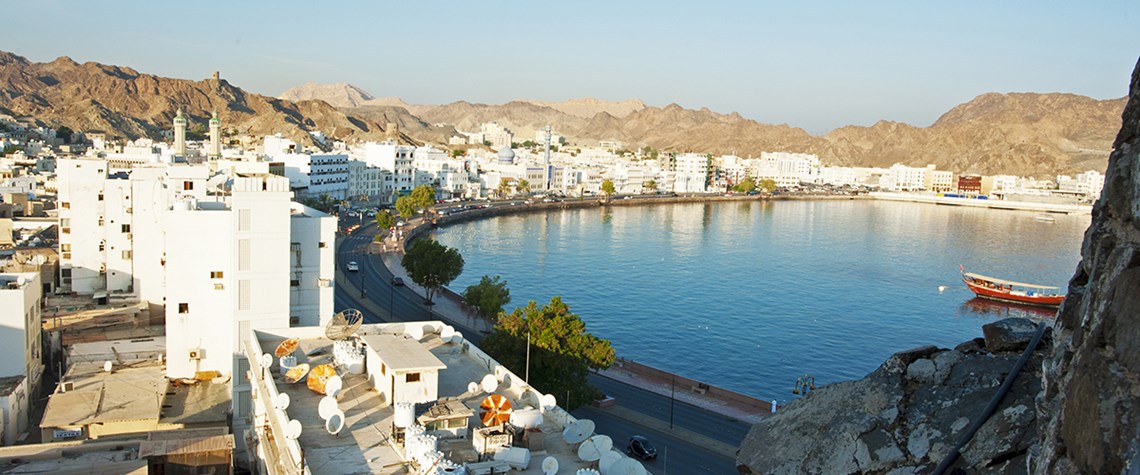BP strengthens Oman gas ties
With its Khazzan field boosting Oman's liquefied natural gas output, BP has moved into marketing the fuel
The start of production last year from the BP-operated Khazzan natural gas project was a game-changer for Oman LNG, which operates three liquefaction trains at Qalhat on the Indian Ocean coast. Over recent years, pressure from rising domestic demand saw gas diverted away from exports, leaving the Qalhat plant running at around 75% capacity. OLNG's chief executive Harib al-Kitani told Petroleum Economist in December that as a result of the Khazzan start-up "our three trains are now almost at full capacity of 10.5m tonnes a year". This is just the start. The first phase of development involves 200 wells producing 1bn cubic feet a day of natural gas. When the first two phases are on stream, the

Also in this section
26 July 2024
Oil majors play it safe amid unfavourable terms in latest oil and gas licensing bid rounds allowing Chinese low-ball moves
25 July 2024
Despite huge efforts by India’s government to accelerate crude production, India’s dependency shows no sign of easing
24 July 2024
Diesel and jet fuel supplies face a timebomb in just four years, and even gasoline may not be immune
23 July 2024
Rosneft’s Arctic megaproject is happening despite sanctions, a lack of foreign investment and OPEC+ restrictions. But it will take a long time for its colossal potential to be realised







